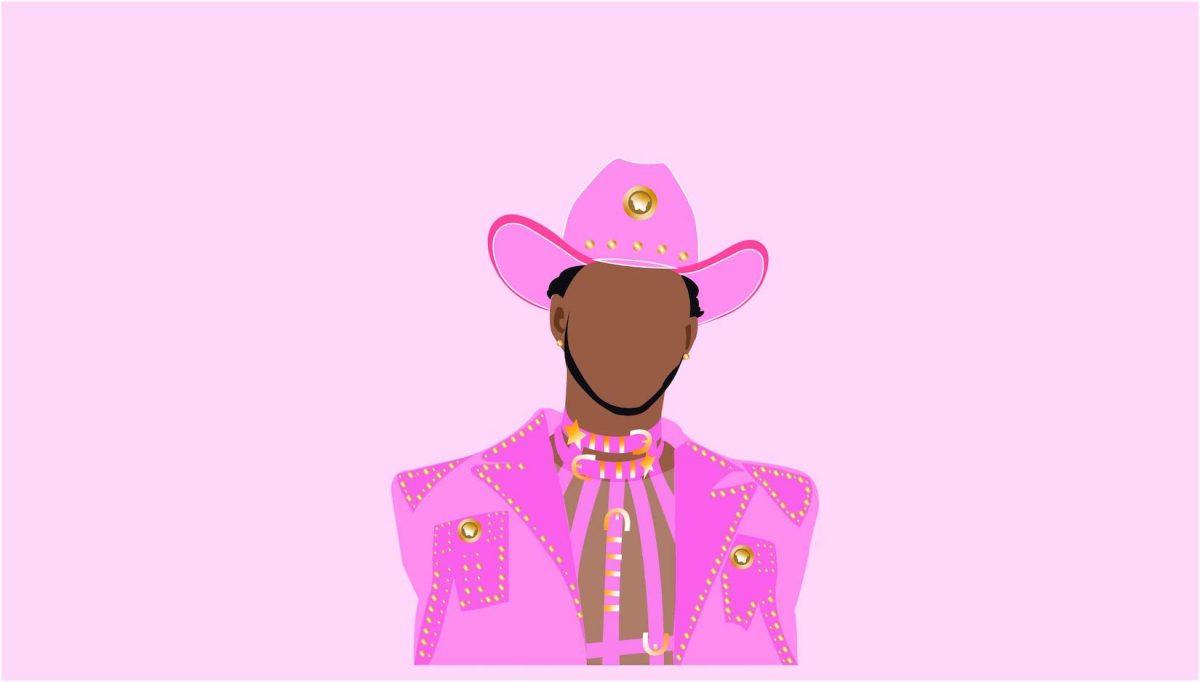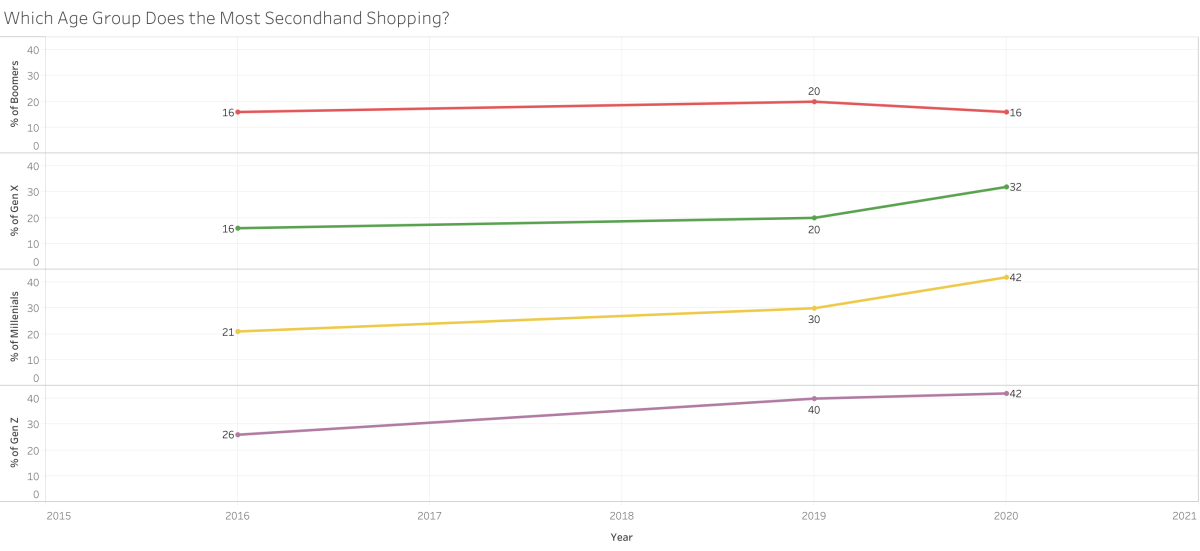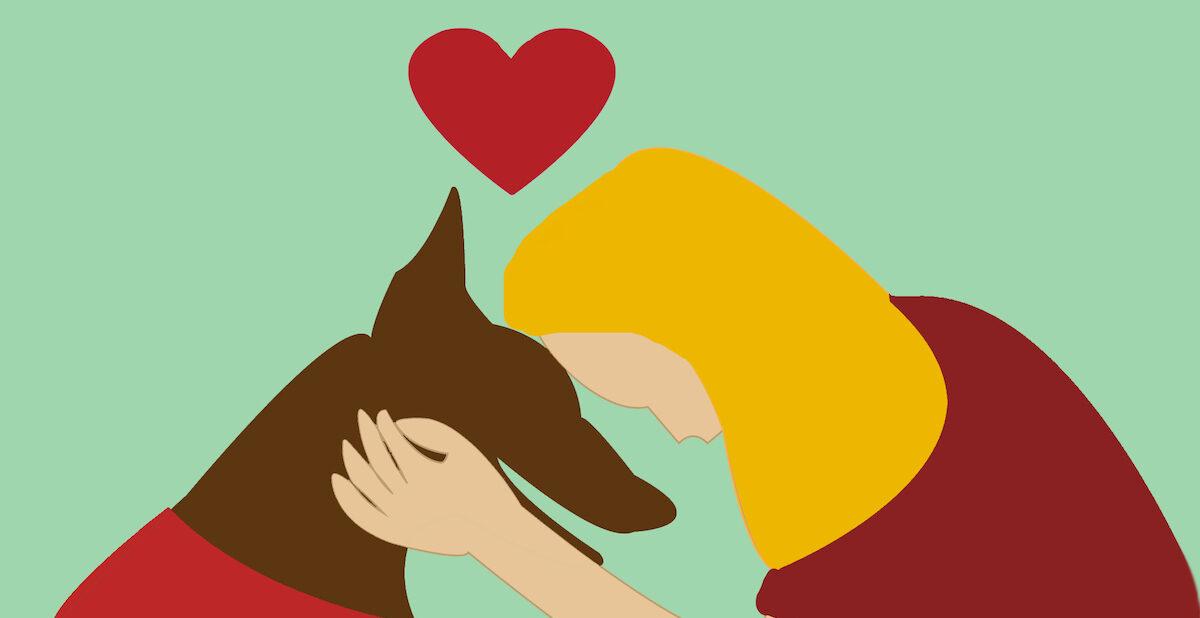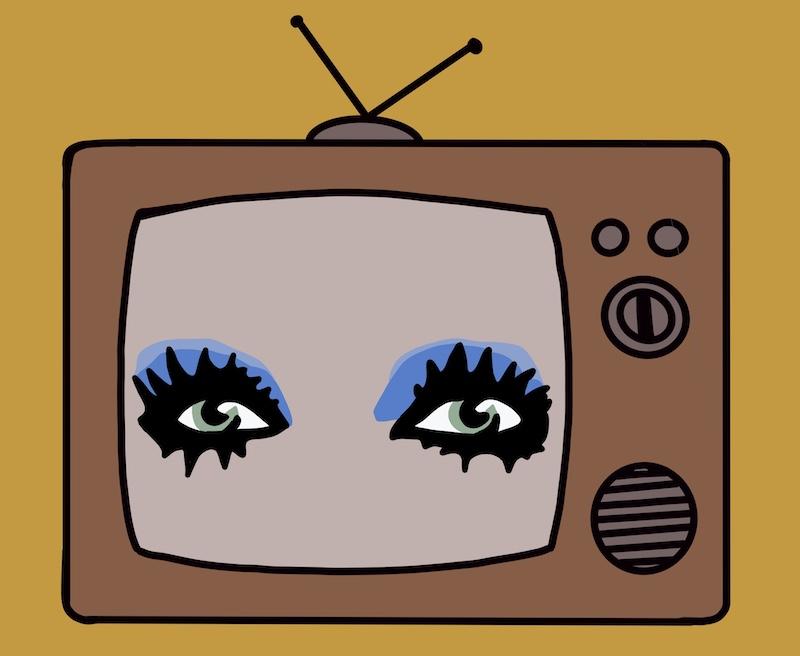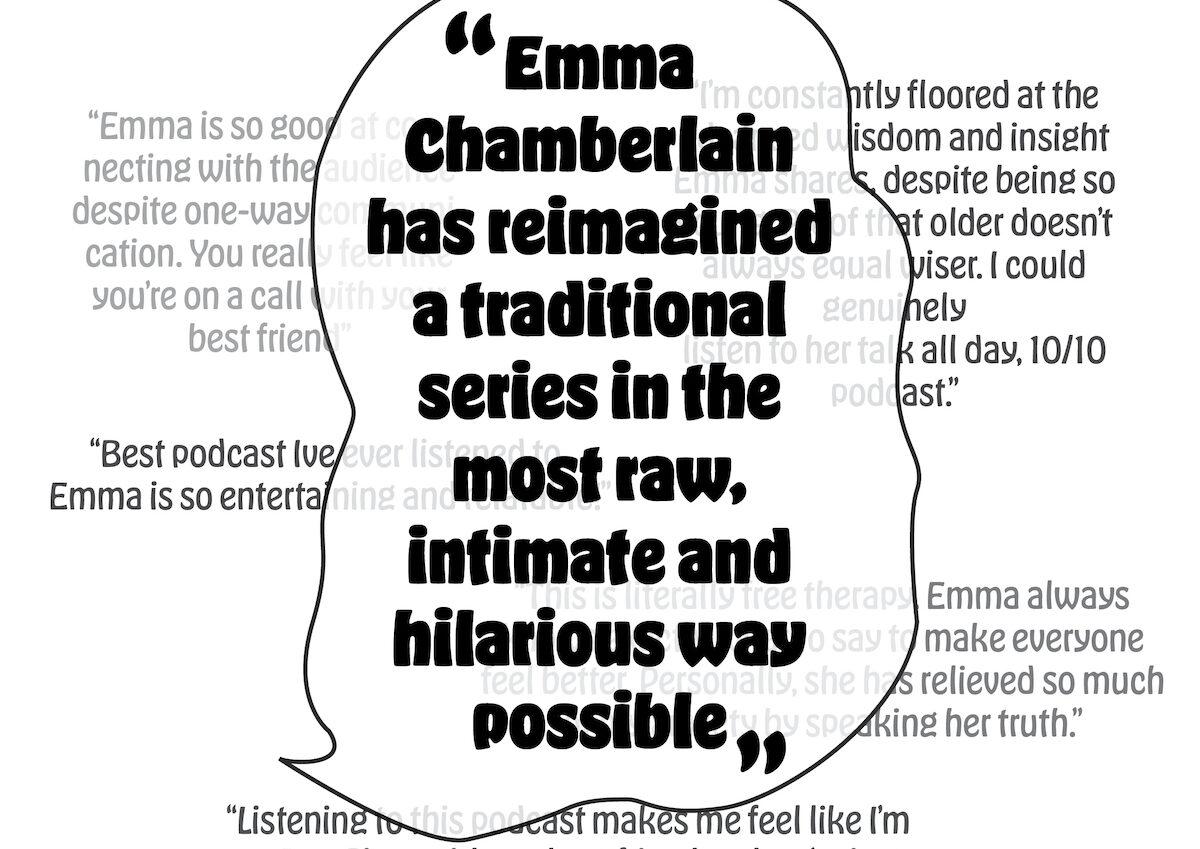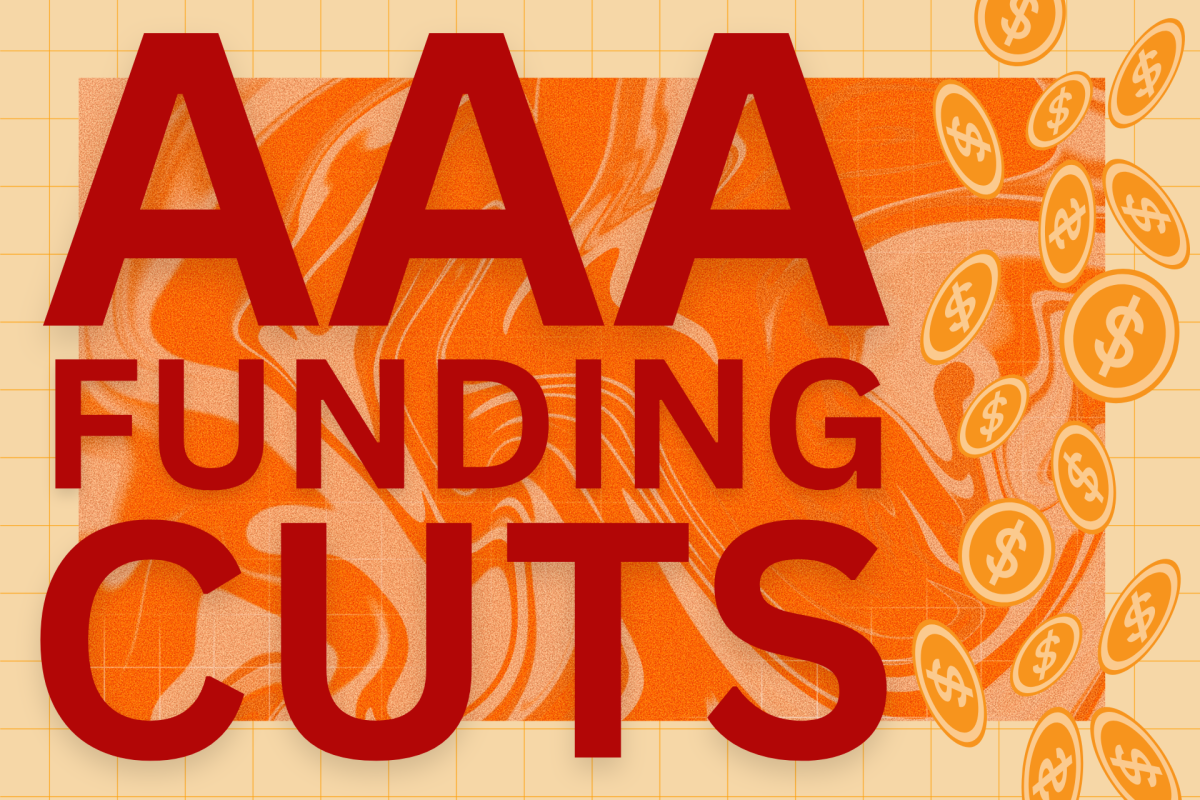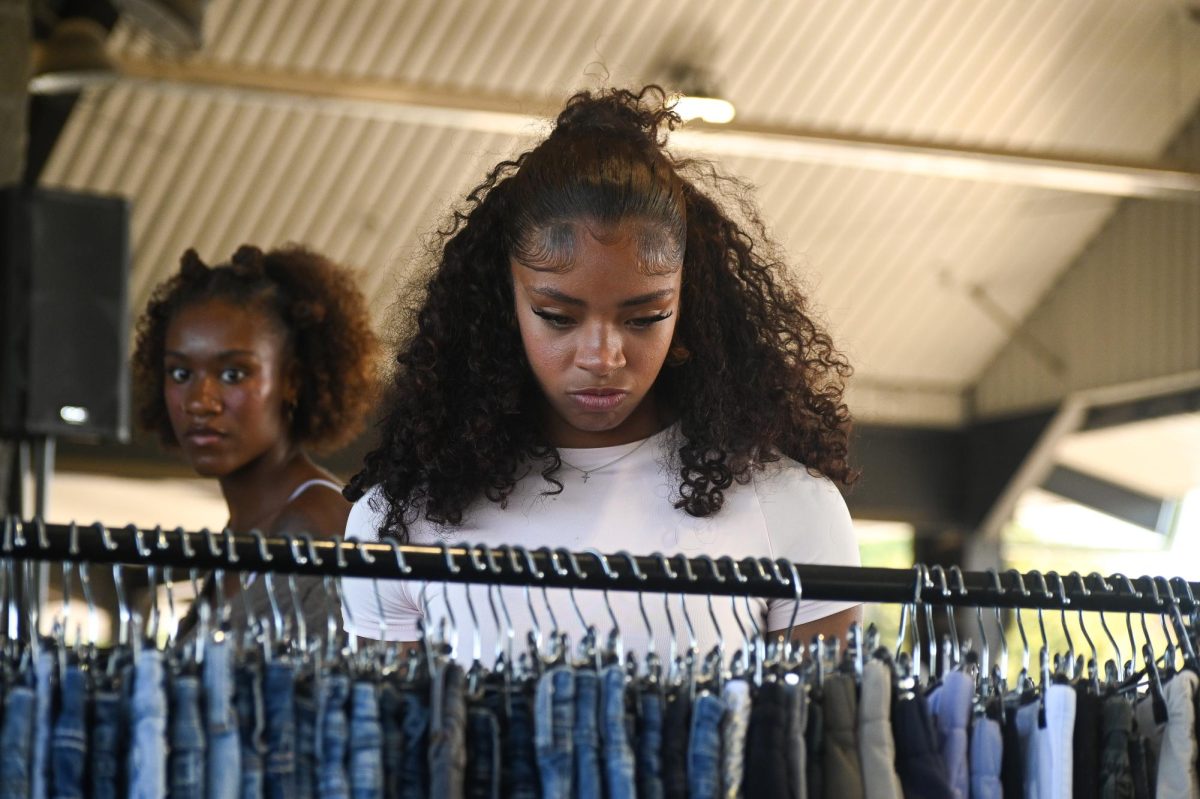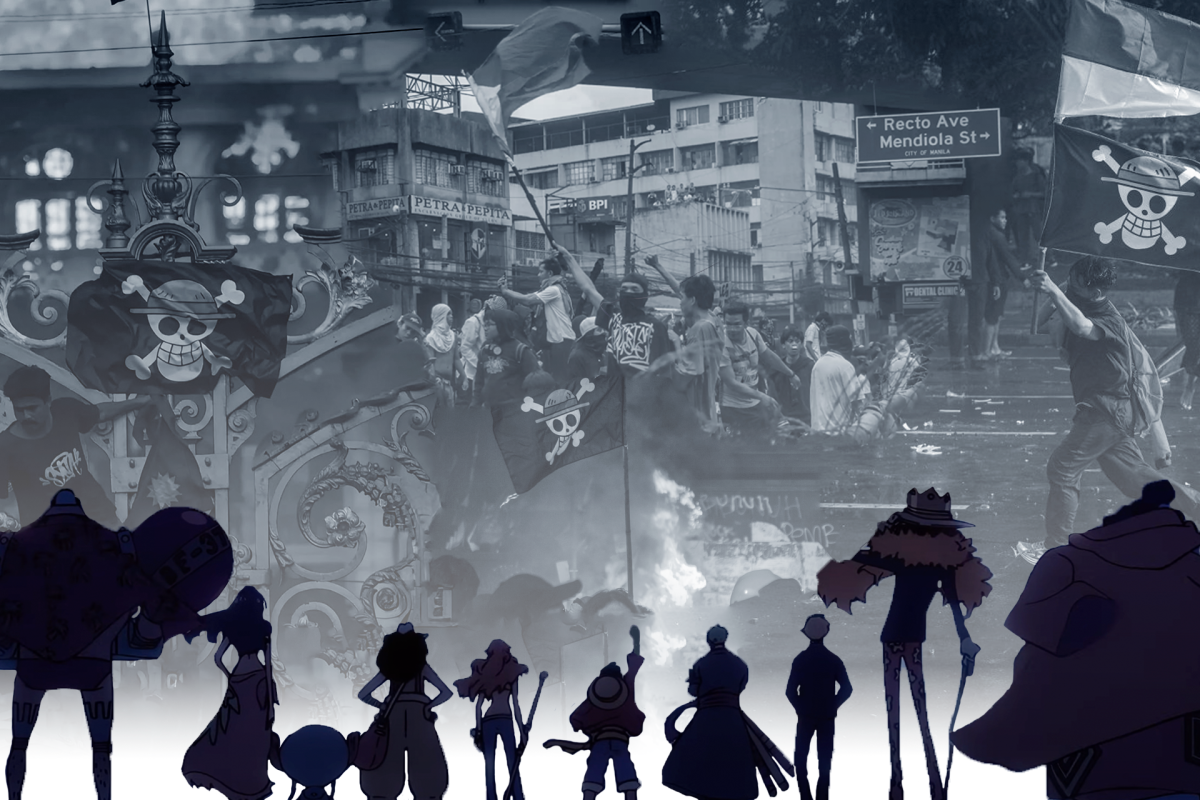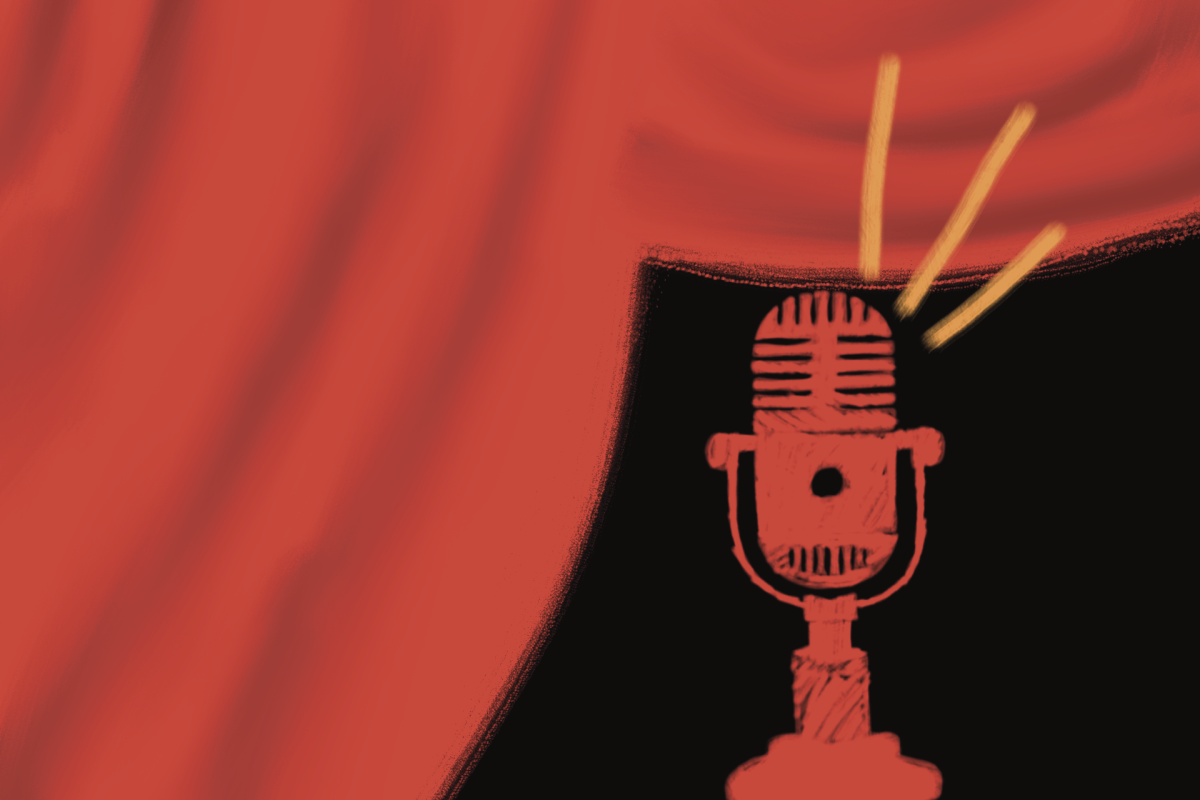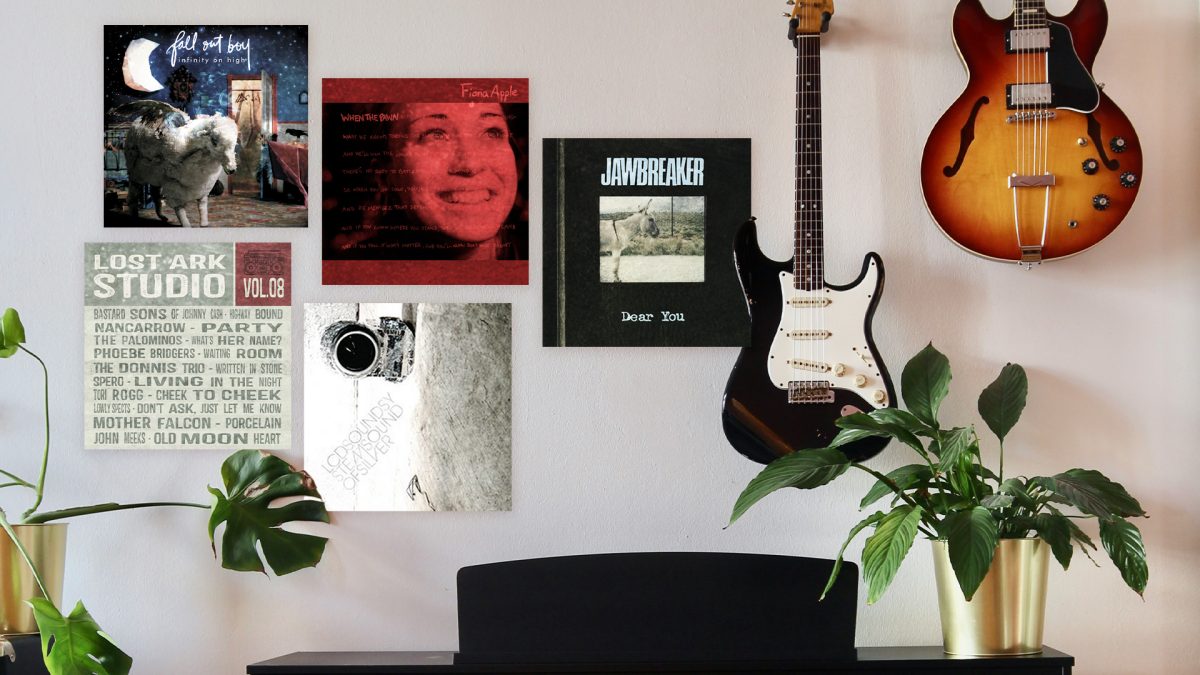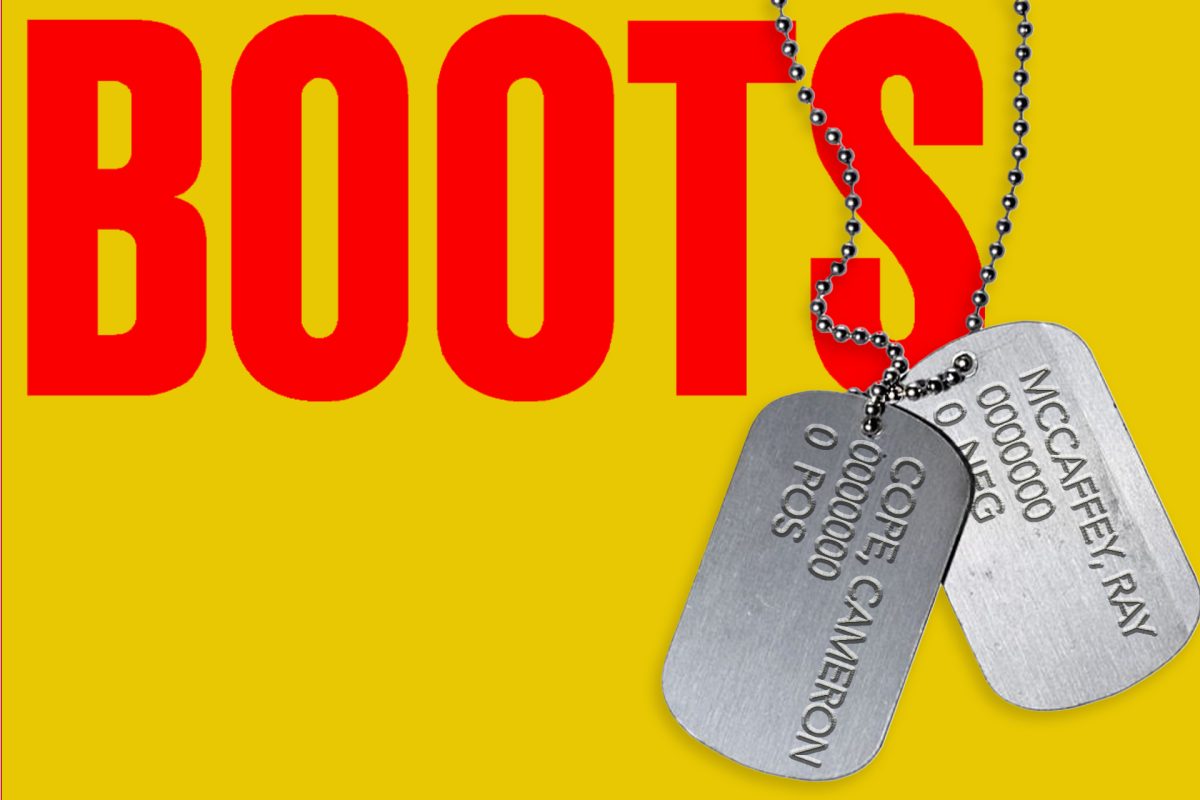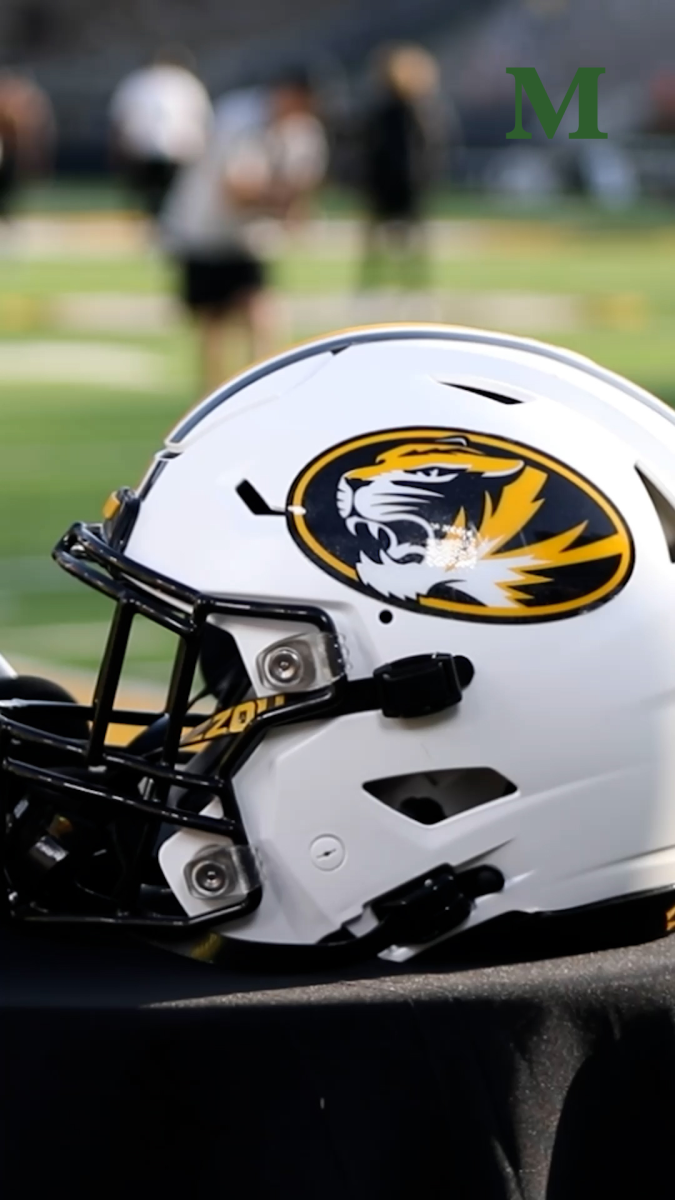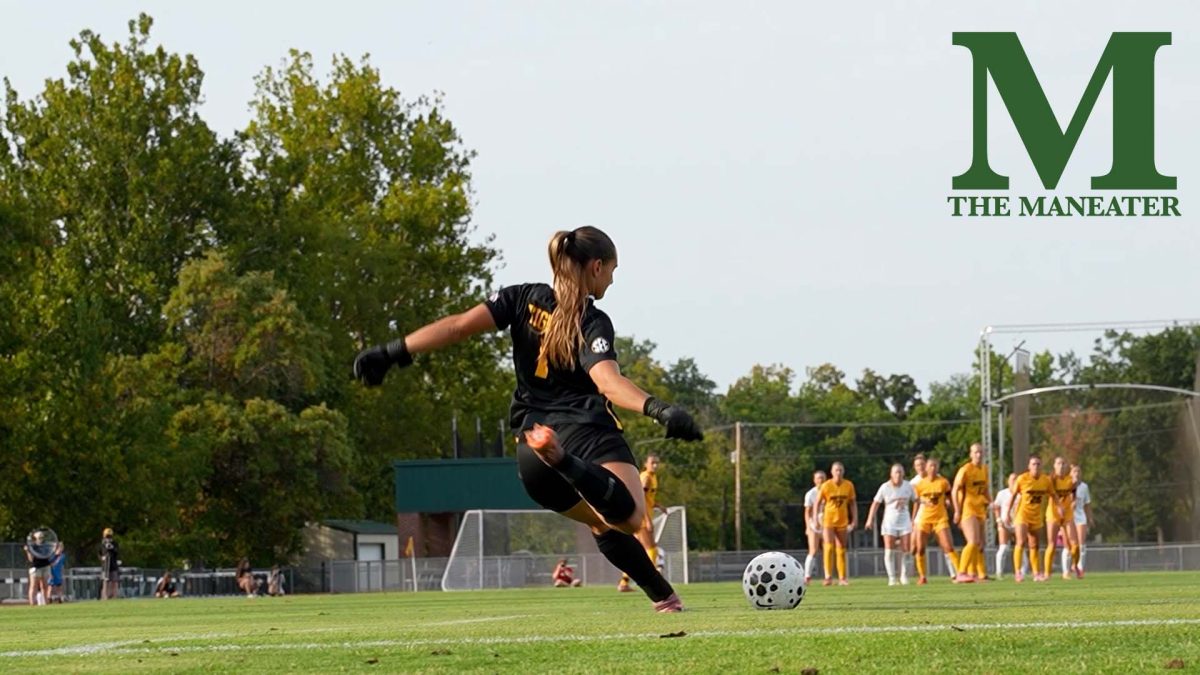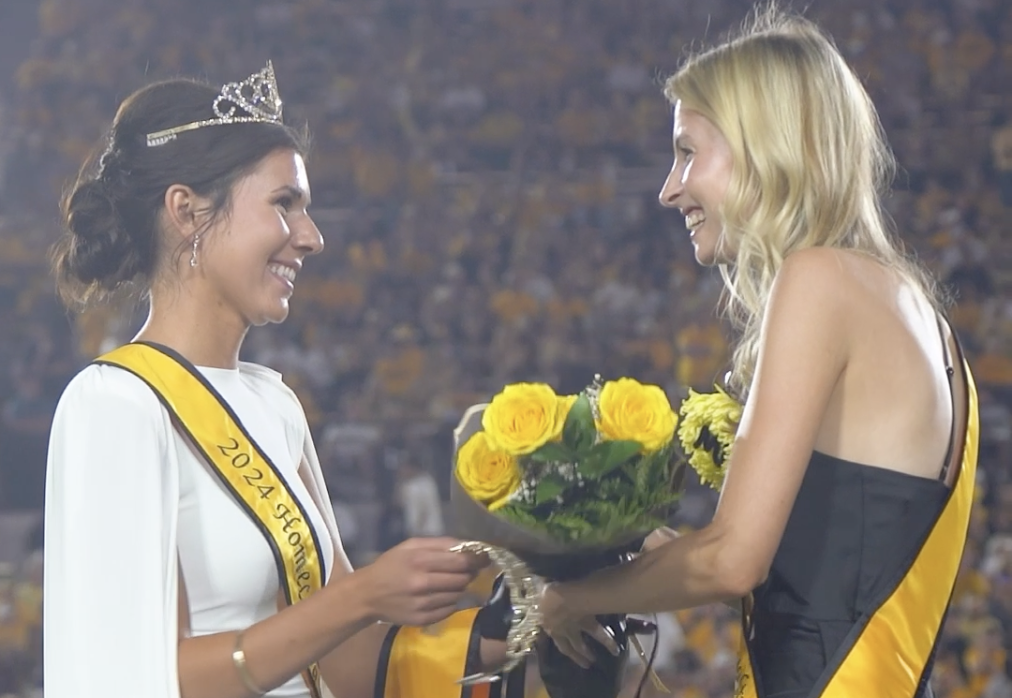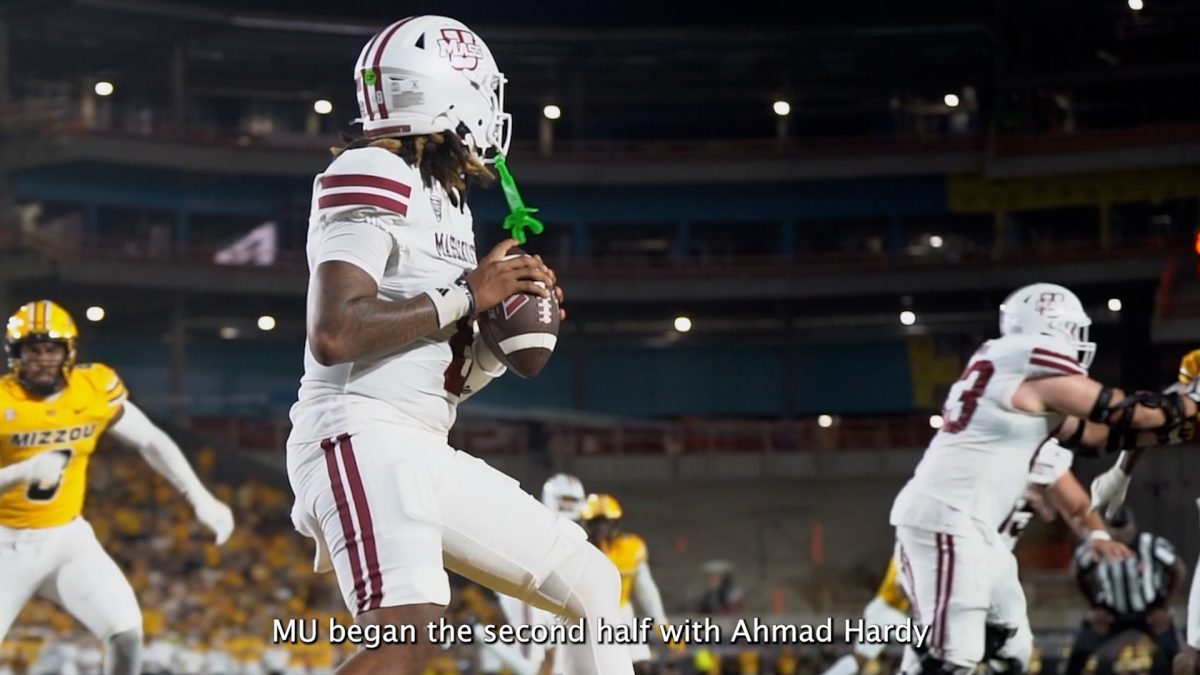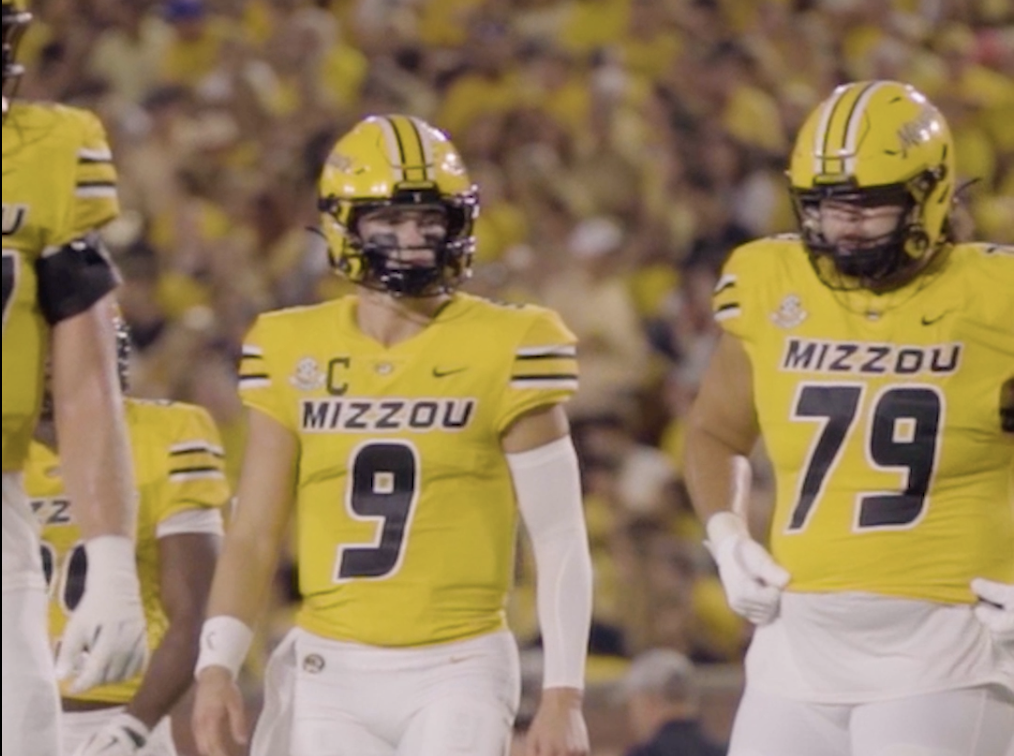In the past few months, homophobic incidents have plagued the hip-hop community; notably, DaBaby making anti-gay comments at the Rolling Loud festival and Drake fetishizing lesbians on his new album, “Certified Lover Boy.”
These rappers aren’t the first to disrespect the LGBTQ+ community. In an article written for the Los Angeles Times, writer Gerrick D. Kennedy notes how the industry’s refusal to embrace anything queer has been a stain on the genre since its birth. Rap culture has always been fueled by unapologetic machismo and it is not uncommon to find a slur embedded in any rap mogul’s lyrics. In fact, slangs like “sus” and “no homo,” rapped in countless songs, use queerness as a punchline when referring to rap’s discomfort with the gay community.
Megan Murph, a visiting assistant professor of music history at MU’s School of Music, refers to older LGTBQ+ rappers when talking about the history of visibility of queer artists in the rap industry.
“Young M.A. is the first that comes to mind,” Murph said. “Do you know Big Freedia? Mykki Blanco? My point is that there are a lot of queer artists, but they don’t get a lot of attention [compared to other artists].”
At Rolling Loud Miami 2021 in July, rapper DaBaby’s set was highly anticipated and made headlines for weeks after — but for all the wrong reasons. During his performance (which was live-streamed across the world), DaBaby made homophobic and misogynistic comments that angered many.
“If you didn’t show up today with HIV, AIDS, or any of them deadly sexually transmitted diseases that’ll make you die in two to three weeks, then put your cell phone and light it up,” he said. “Ladies, if your p—- smell like water, put your cell phone lighter up. Fellas, if you ain’t sucking d— in the parking lot, put your cell phone lighter up.”
Basically, he told his audience to hold their phones in the air unless they had HIV or were gay men who had sex in parking lots. In addition, he told the crowd the incorrect claim that HIV and other sexually transmitted diseases kill within weeks.
This sparked tremendous controversy within the hip-hop industry, with rappers either defending or shaming DaBaby.
The day after his performance, rapper T.I. voiced support for DaBaby in an Instagram livestream.
“If you gonna have the Lil Nas X video and him living his truth, you gonna d— sure have people like DaBaby who gonna speak their truth. Ain’t nothing wrong with none of it, it ain’t got to be no hate — it’s all honesty. Everybody living in their truth,” T.I. said.
Other celebrities including Dua Lipa, who worked with DaBaby on her single, “Levitating,” wrote that they were surprised and horrified by DaBaby’s comments on social media. Elton John used the opportunity to educate his followers on HIV and AIDS, stating that misinformation and homophobia have no place in the music industry.
If only Drake had listened to Elton John’s advice. His sixth studio album, “Certified Lover Boy,” features a song titled “Girls Want Girls,” and, you guessed it, the song is about lesbians.
“Yeah, say that you a lesbian, girl, me too/ Ayy, girls want girls where I’m from/ Wait, woah, yeah, girls want girls,” Drake sings in the chorus.
The LGBTQ+ community, especially on Twitter, was outraged at the fact that fetishizing lesbians from a male perspective is normalized in rap culture.
To top the hate and misinformation off, Boosie Badazz, the artist behind the hit “Nasty Nasty,” recently said that he would “drag his a– offstage and beat his a–” if he saw Lil Nas X perform “naked” at an awards show. Subsequently, he was featured on “The Breakfast Club” radio show saying that he would defend the comments.
“I gotta speak up because as far as straight people in the world, you don’t have any opinion no more on sexuality. Everything is harm,” he said.
Not only did he attack Lil Nas X, but the queer rap community as a whole.
“I loved every rapper when I was little, you know?” Boosie Badazz said. “I tried to copy what they did. It’s a new day now, and I feel like they’re pushing it [queerness] on our kids.”
MU freshman Haniya Davis believes that rappers who spread misinformation about the LGBTQ+ community shouldn’t have a platform.
“Honestly, most of the rappers that come out and spread information like that usually have no remorse for saying that and will come out with an ‘apology,’” Davis said. “If you are going to use [your platform] to spread hate, there’s no reason for you to have it.”
Lil Nas X, a well-known pop and rap artist, has dealt with backlash from the hip-hop community since coming out in June 2019.
“Y’all be silent as hell when n—-s dedicate their entire music catalogue to rapping about sleeping with multiple women,” he replied on Twitter to someone criticizing his “Industry Baby” video, in which he dances nude in a prison shower with other men. “But when I do anything remotely sexual I’m ‘being sexually irresponsible’ & ‘causing more men to die from aids’ y’all hate gay ppl and don’t hide it.”
Although Lil Nas X received hate for being proudly queer with his music, he is a great example of a hip-hop artist who goes against the toxic masculinity of the rap community. Murph praises Lil Nas X for his efforts to change the industry for queer artists and attributes his fame to his trendiness.
“For one, he’s so young and made such a splash with ‘Old Town Road,’” Murph said. “He is unapologetic, he has the following that perhaps other queer hip-hop artists don’t quite have.”
Murph also attributes Lil Nas X’s strong influence over younger generations to the success of his music.
“Young M.A. has songs that are super queer, but she doesn’t have a number one hit. That’s the thing about Lil Nas X— he has the Billboard Top 100 songs,” Murph said.
Although there is an abundance of homophobia in the rap industry, there is a light at the end of the tunnel. Many hip-hop artists that younger generations hear today are openly queer, like Frank Ocean, Tyler, The Creator and Janelle Monáe. It is optimistic that in the future, as queerness becomes destigmatized in society, homophobia will become less present in the rap industry.
Edited by Shannon Worley, [email protected]


